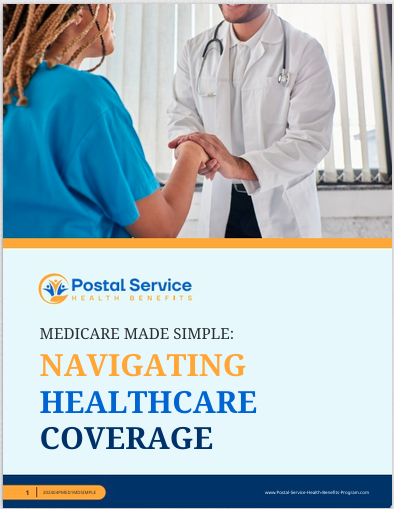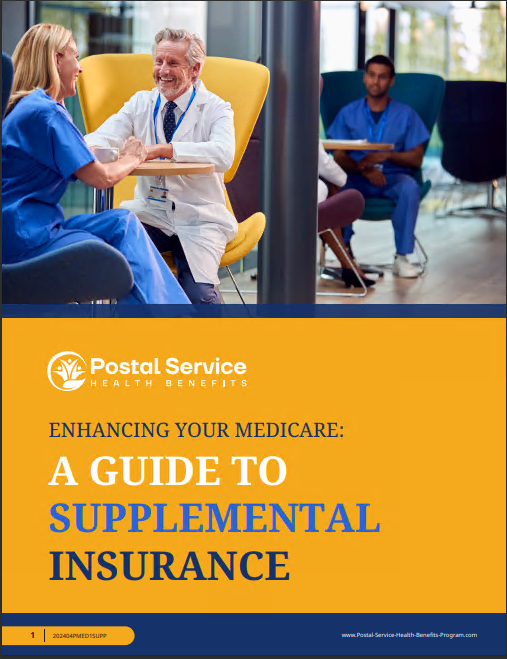Key Takeaways
- USPS retirees can choose between Medicare home health services and private care, each offering distinct benefits and limitations.
- Evaluating cost, coverage, quality of care, and personal needs is crucial in making an informed decision between Medicare and private home health services.
Medicare Home Health Services vs. Private Care: What’s Best for Postal Workers?
As USPS retirees transition into retirement, ensuring access to quality healthcare becomes a top priority. For many, the choice between Medicare home health services and private care can be complex. Both options offer distinct advantages and potential drawbacks. Understanding these differences can help postal workers make an informed decision that best meets their healthcare needs.
Understanding Medicare Home Health Services
Medicare home health services are designed to provide medical and therapeutic care to individuals in the comfort of their own homes. These services are particularly beneficial for those recovering from surgery, managing chronic conditions, or dealing with disabilities. Medicare covers a variety of home health services, including skilled nursing care, physical therapy, occupational therapy, speech-language pathology services, medical social services, and home health aide services.
Eligibility Requirements
To qualify for Medicare home health services, USPS retirees must meet specific criteria:
- Enrollment in Medicare Part A and Part B: Beneficiaries must be enrolled in both parts of Medicare to receive coverage for home health services.
- Doctor’s Certification: A doctor must certify that the individual needs one or more of the covered home health services.
- Homebound Status: The individual must be considered homebound, meaning leaving home requires significant effort and assistance.
- Intermittent Skilled Care: The care required must be intermittent, defined as needed less than seven days a week or less than eight hours a day over a period of 21 days or less.
Covered Services
Medicare covers a wide range of home health services, including:
- Skilled Nursing Care: Provided by a registered nurse (RN) or a licensed practical nurse (LPN) for services like wound care, injections, and monitoring of serious illnesses.
- Physical Therapy: Helps restore movement and strength to an area of the body affected by injury or illness.
- Occupational Therapy: Assists in regaining the ability to perform daily activities, such as bathing, dressing, and eating.
- Speech-Language Pathology Services: Helps with speech and language issues, often necessary after a stroke or other conditions affecting speech.
- Medical Social Services: Provides counseling and assistance to address the social and emotional aspects of recovery and treatment.
- Home Health Aide Services: Offers personal care services, such as help with bathing or dressing, under the supervision of a registered nurse.
Understanding Private Home Health Care
Private home health care services are provided by non-Medicare certified agencies and are typically paid for out-of-pocket or through private insurance. These services can include a broader range of options, offering greater flexibility and personalized care.
Flexibility and Customization
One of the primary benefits of private home health care is the ability to customize services to meet specific needs. Private care agencies often provide a wider array of services, including:
- 24/7 Care: Unlike Medicare, which covers intermittent care, private agencies can offer round-the-clock care if needed.
- Personalized Care Plans: Private care plans can be tailored to the individual’s unique needs and preferences.
- Additional Services: Private care may include services not covered by Medicare, such as non-medical personal care, companionship, and specialized therapies.
Costs and Coverage
Private home health care can be significantly more expensive than Medicare-covered services. Costs vary widely based on the level of care, frequency of visits, and the specific services provided. Private insurance may cover some of these costs, but out-of-pocket expenses are common.
Quality and Availability
The quality of private home health care can vary significantly between providers. It’s crucial to research and choose a reputable agency with well-trained staff and positive reviews. Private care also offers greater availability and flexibility in scheduling, which can be beneficial for those with varying needs.
Comparing Medicare Home Health Services and Private Care
Cost Comparison
- Medicare: Generally covers the full cost of approved home health services, with beneficiaries responsible for 20% of the Medicare-approved amount for durable medical equipment. There are no copayments for covered home health services.
- Private Care: Costs can be high, with expenses often out-of-pocket unless covered by private insurance. Fees can include hourly rates for home health aides and higher costs for specialized or 24/7 care.
Coverage and Services
- Medicare: Provides a specific range of medical and therapeutic services. Coverage is limited to intermittent care and requires a doctor’s certification and homebound status.
- Private Care: Offers a broader range of services, including non-medical care and 24/7 support. Care plans are more flexible and can be tailored to individual needs.
Quality of Care
- Medicare: Services are provided by Medicare-certified agencies, ensuring a standard level of quality and adherence to federal regulations.
- Private Care: Quality can vary widely; it’s essential to choose a reputable provider. Private agencies may offer more personalized and continuous care.
Convenience and Flexibility
- Medicare: Services are structured around Medicare’s coverage criteria and availability. Care is often limited to specific hours and types of services.
- Private Care: Offers greater flexibility in scheduling and the type of care provided, allowing for a more personalized approach.
Making the Best Choice for USPS Retirees
Choosing between Medicare home health services and private care depends on several factors, including health needs, financial situation, and personal preferences. Here are some considerations to help USPS retirees make the best decision:
Assess Your Healthcare Needs
Evaluate your specific health conditions, the level of care required, and the types of services you need. If you require frequent or continuous care, private home health care might be more suitable.
Consider Your Financial Situation
Analyze your budget and determine what you can afford. Medicare home health services are cost-effective but limited in scope. Private care offers more options but can be expensive.
Research and Compare Providers
Investigate both Medicare-certified agencies and private home health care providers. Look for agencies with strong reputations, positive reviews, and qualified staff. Consider scheduling consultations to discuss your needs and options.
Seek Professional Guidance
Consult with healthcare professionals, licensed insurance agents, or financial advisors to understand your options and make an informed decision. They can provide insights into coverage details, costs, and the benefits of each type of care.
Plan for Future Needs
Consider how your healthcare needs might change over time. Planning ahead can help ensure you have access to the necessary services and support as you age.
Conclusion
For USPS retirees, the choice between Medicare home health services and private care involves careful consideration of cost, coverage, quality of care, and personal needs. Medicare provides essential and cost-effective home health services, while private care offers greater flexibility and customization. By thoroughly evaluating your healthcare needs, financial situation, and available options, you can make an informed decision that ensures the best possible care and quality of life in retirement.
Contact Information:
Email: [email protected]
Phone: 9725550123







